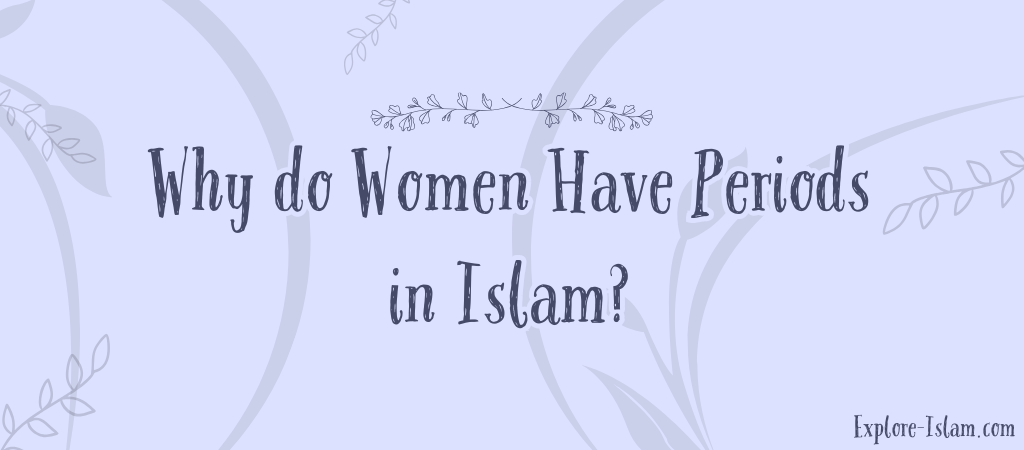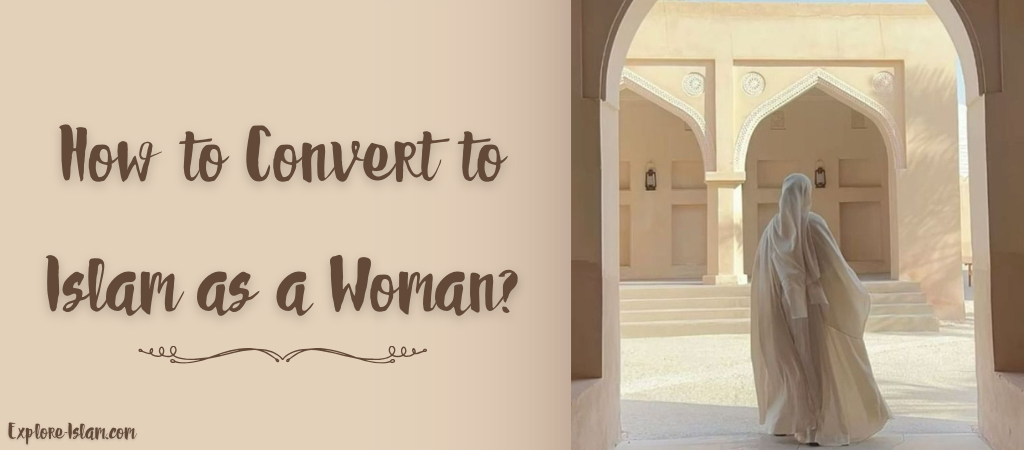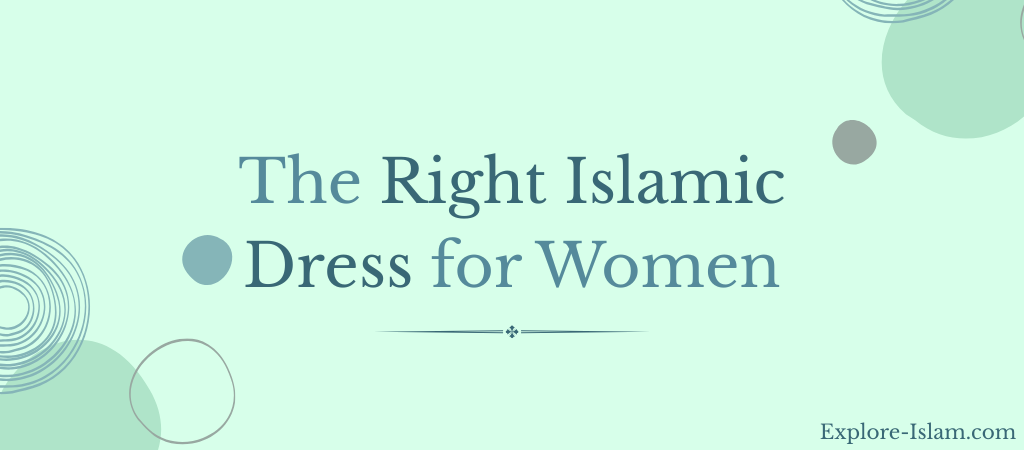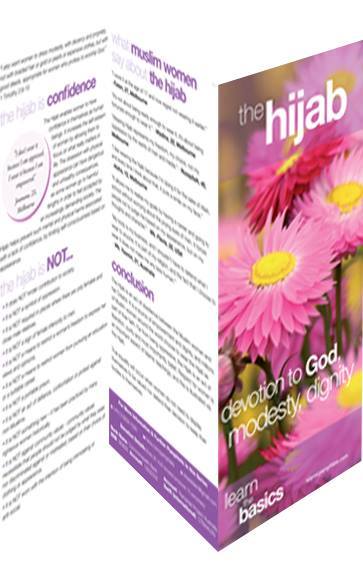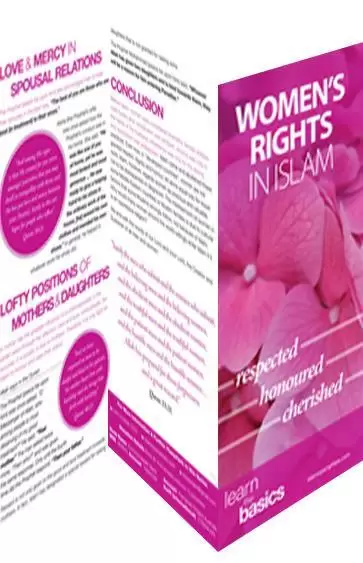The wives of Prophet Muhammad (PBUH) are referred to in the Quran as “wives of the Prophet,” without naming them directly. They are addressed in chapters Al-Ahzab and At-Tahrim, where their roles, choices, and responsibilities are discussed. These verses highlight their spiritual status, moral obligations, and the trials they faced as close companions of the Prophet.
In Al-Ahzab, the Prophet’s wives were given a choice between worldly comfort and life with the Prophet, and they all chose devotion. In At-Tahrim, certain actions by Aisha and Hafsah led to divine correction, underscoring the Quran’s impartial guidance. These stories reflect the Quran’s authenticity and its commitment to truth over idealized portrayals.
The wives of Prophet Muhammad (PBUH) are addressed by the title “O wives of the Prophet” in the Quran, without mention of their names, in two separate chapters with different contexts:
Prophet Muhammad’s Wives in Al-Ahzab Chapter
In the Quranic chapter of Al-Ahzab [enemy alliance], when the wives of Prophet Muhammad (PBUH) complained about the harsh living conditions and poverty, Almighty God gave them a choice: they could either continue living with the Prophet in asceticism or choose divorce for a better worldly life:
“O Prophet! Say to your wives, ‘If you desire the life of this world and its luxury, then come, I will give you a ˹suitable˺ compensation ˹for divorce˺ and let you go graciously. But if you desire Allah and His Messenger and the ˹everlasting˺ Home of the Hereafter, then surely Allah has prepared a great reward for those of you who do good.’” (33:28-29)
All of the Prophet’s wives chose to remain with him despite the hardship, and Almighty God honored them for their devotion.
This chapter also highlights the high rank of the Prophet’s wives and provides them with instructions, such as maintaining modesty, practicing religion, and calling others to it. These guidelines were meant to help them live in a manner befitting their high status as role models and mothers of the believers.
Prophet Muhammad’s Wives in At-Tahrim Chapter
Another Quranic chapter, At-Tahrim [prohibition], mentions the wives Aisha and Hafsah. When, out of jealousy, they tried to restrict lawful matters for the Prophet, Almighty God reprimanded and threatened them:
“˹It will be better˺ if you ˹wives˺ both turn to Allah in repentance, for your hearts have certainly faltered. But if you ˹continue to˺ collaborate against him, then ˹know that˺ Allah Himself is his Guardian. …Perhaps, if he were to divorce you ˹all˺, his Lord would replace you with better wives who are submissive ˹to Allah˺.” (66:4-5)
Prophet Muhammad’s Wives as an Example of Truthful Prophethood
By analyzing the instances in which Prophet Muhammad’s wives are mentioned in the Quran, one can be certain that the Quran is a Book revealed from Almighty God, not authored by Prophet Muhammad (PBUH):
- No mention of most beloved wife: Notably, the Quran does not mention his beloved wife Khadijah or his daughter Fatimah, while there is an entire chapter dedicated to Mary, the mother of Jesus (PBUH).
- Nature of the situation addressed: Additionally, the situations involving some of the Prophet’s wives, including blame and threats due to house disagreements, are not the type of moral lessons one would expect from a false author. Instead, leaders typically include victorious and successful stories to inspire followers, not such corrective moral lessons.
- Hardships of true calls: Furthermore, the Prophet’s life was difficult after he received prophethood, and his wives’ complaints reflect the hardship they endured. No false person would accept such a lifestyle or endure such a situation.
To learn more about the authorship of the Quran and why all possibilities except the divine source are refuted, refer to this article: The truth behind the authorship of the Quran.
Conclusion:
The Quran’s treatment of Prophet Muhammad’s wives provides clear evidence of its divine origin. Instead of glorifying them unconditionally, it corrects and guides them, proving that the Quran was not authored to please or protect reputations, but to deliver truth.
Moreover, the absence of personal praise for the Prophet’s most beloved wife, Khadijah, or his daughter Fatimah, further confirms the Quran’s objectivity. These verses offer insight into the moral standards expected of those closest to the Prophet, making them lasting examples for the Muslim community.
Curious to learn more about women in Islam? Explore this series of articles or start a chat with our team for further discussion!


